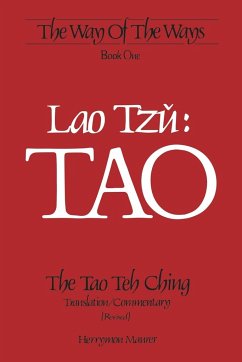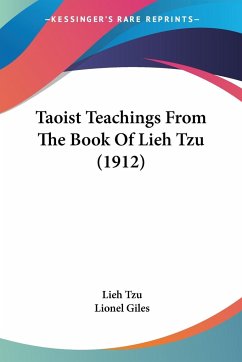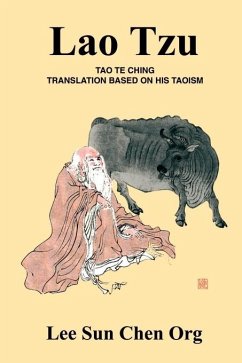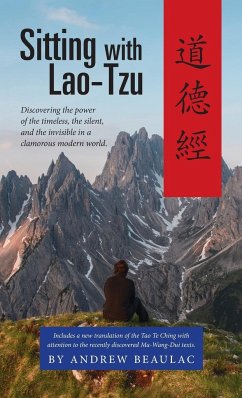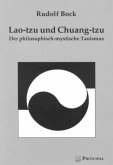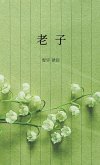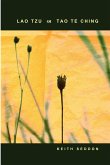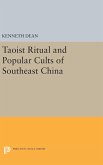Herrymon Maurer (1914-1998) has created a remarkable new translation of the Tao Teh Ching, inspired by a Quaker understanding of simplicity and religious experience and informed by his immersion in Chinese culture during a 1939-1941 sojourn in rural Sichuan province with his young family. The translation strives to preserve many of the Chinese metaphors as well as the directness of the sacred text and to find English phrases that render, at least to some extent, the beauty and economy of Lao Tz¿'s original. Maurer's masterful commentary helps clarify phrases that may baffle Westerners as he weaves together insights from Christianity, Judaism and Islam to situate the Tao in a context of universal humility and hope. A member of Alcoholics Anonymous, the author was acquainted with the destructive power of self, but had also discovered that the self can learn to live in relationship. First published in 1982, this revised edition of Maurer's translation and expanded commentary on Lao Tz¿'s enduring attempt to proclaim the Way of the Ways is published posthumously by family and friends who share the author's hope that it may be useful to other seekers, as suggested by Chapter 4: Tao is empty! Use it And it isn't used up. Deep! It seems like The forbear of the ten thousand things. It blunts edges, Unties tangles, Harmonizes lights, Unites all dusts. Existent and deep! I don't know whose child it is. It looks to be the source.
Hinweis: Dieser Artikel kann nur an eine deutsche Lieferadresse ausgeliefert werden.
Hinweis: Dieser Artikel kann nur an eine deutsche Lieferadresse ausgeliefert werden.

